Oscar Pistorius ‘slipped on broken coffee mugs’ in cell
Former Paralympian admitted to hospital over the weekend
A free daily email with the biggest news stories of the day – and the best features from TheWeek.com
You are now subscribed
Your newsletter sign-up was successful
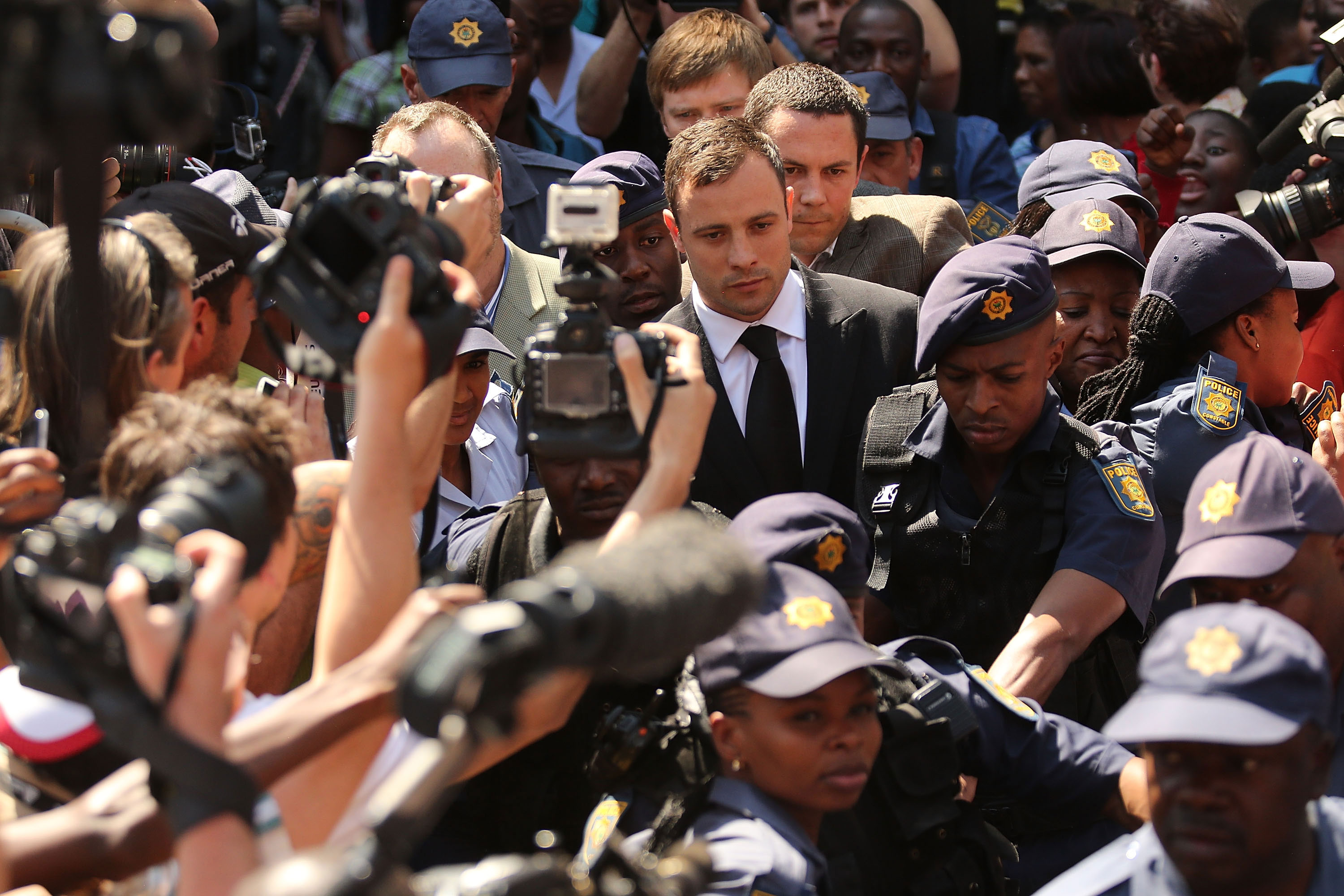
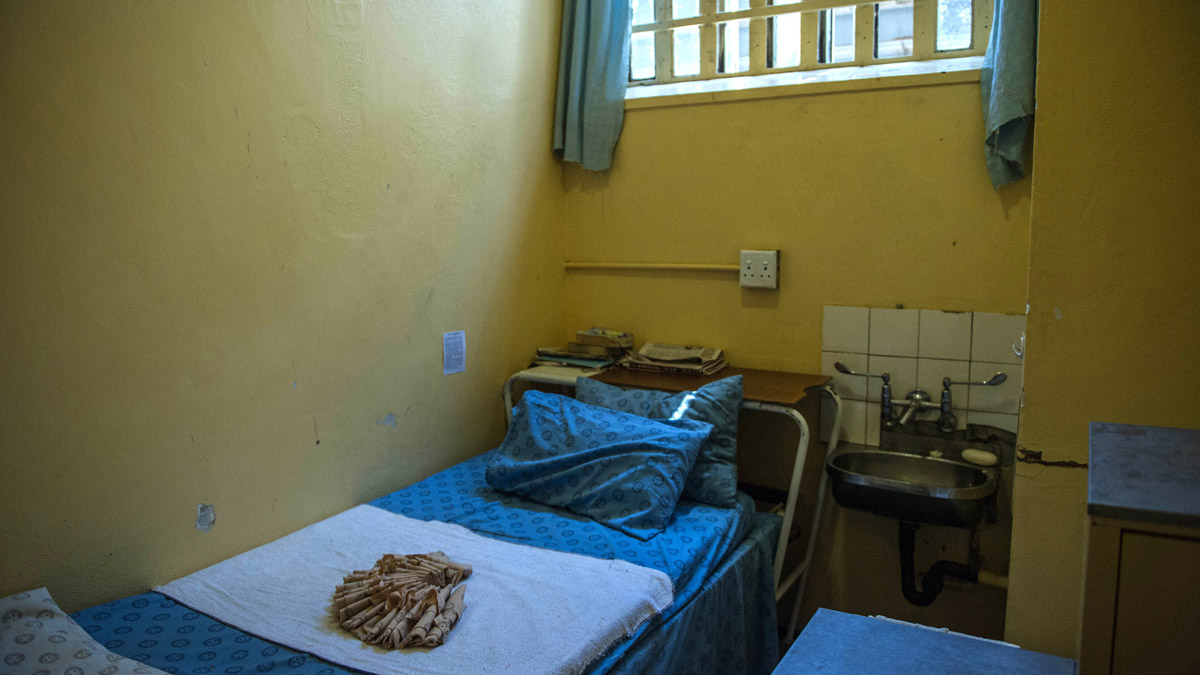
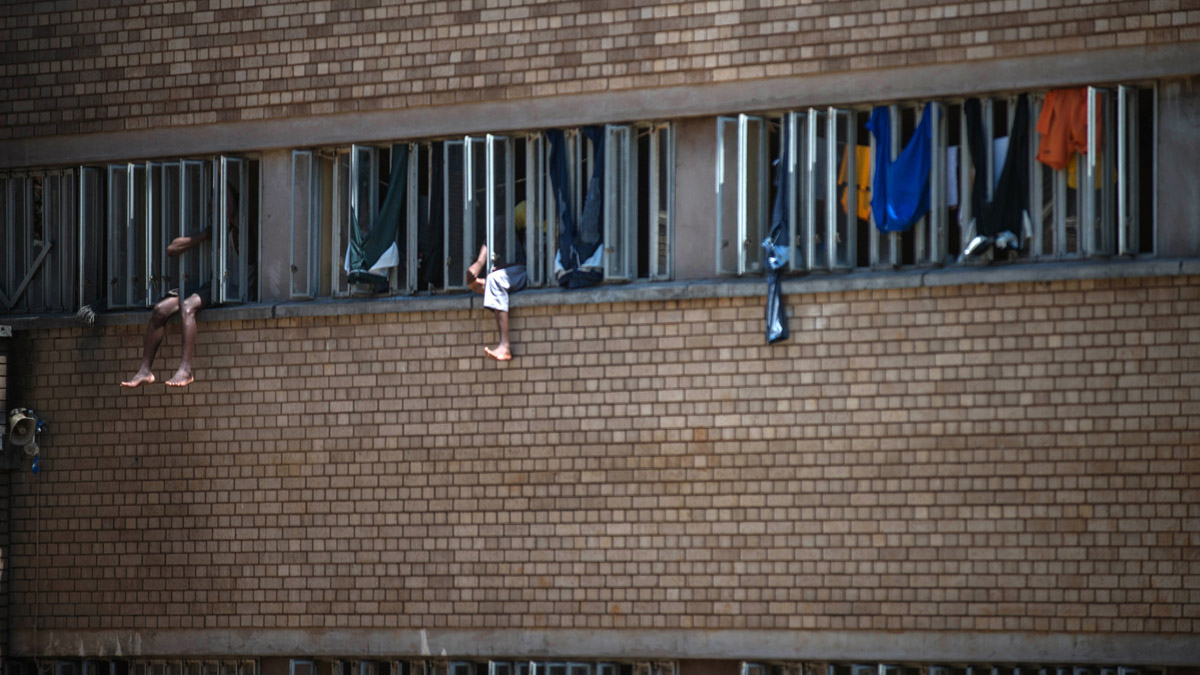
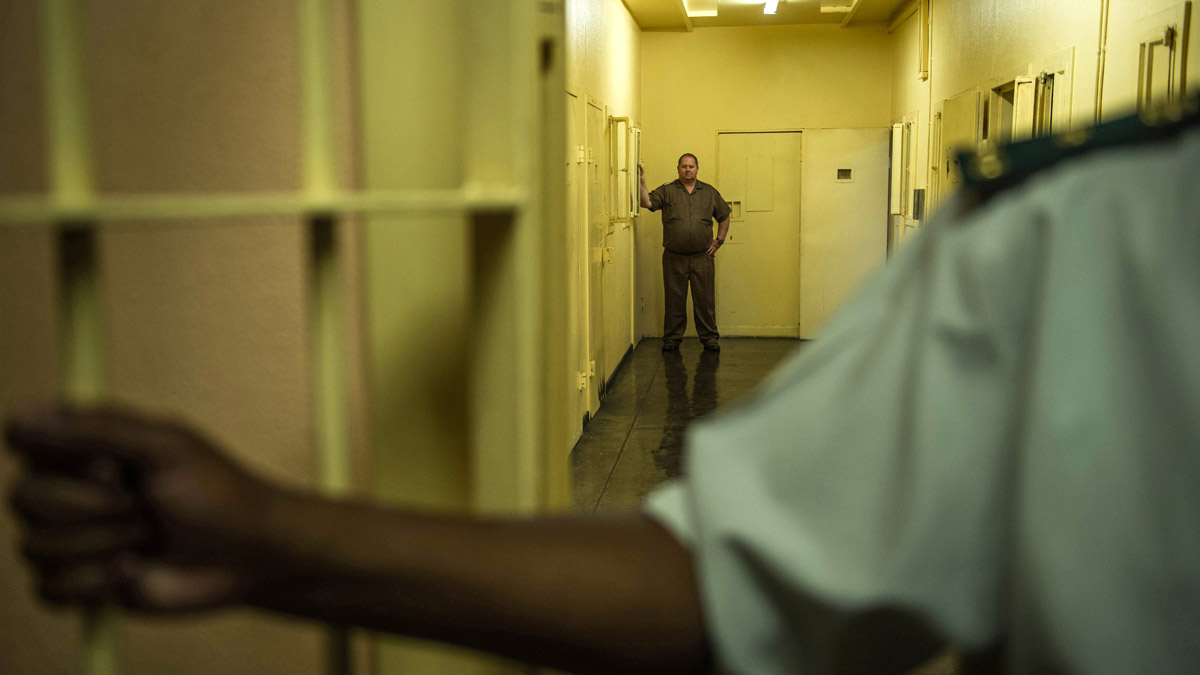
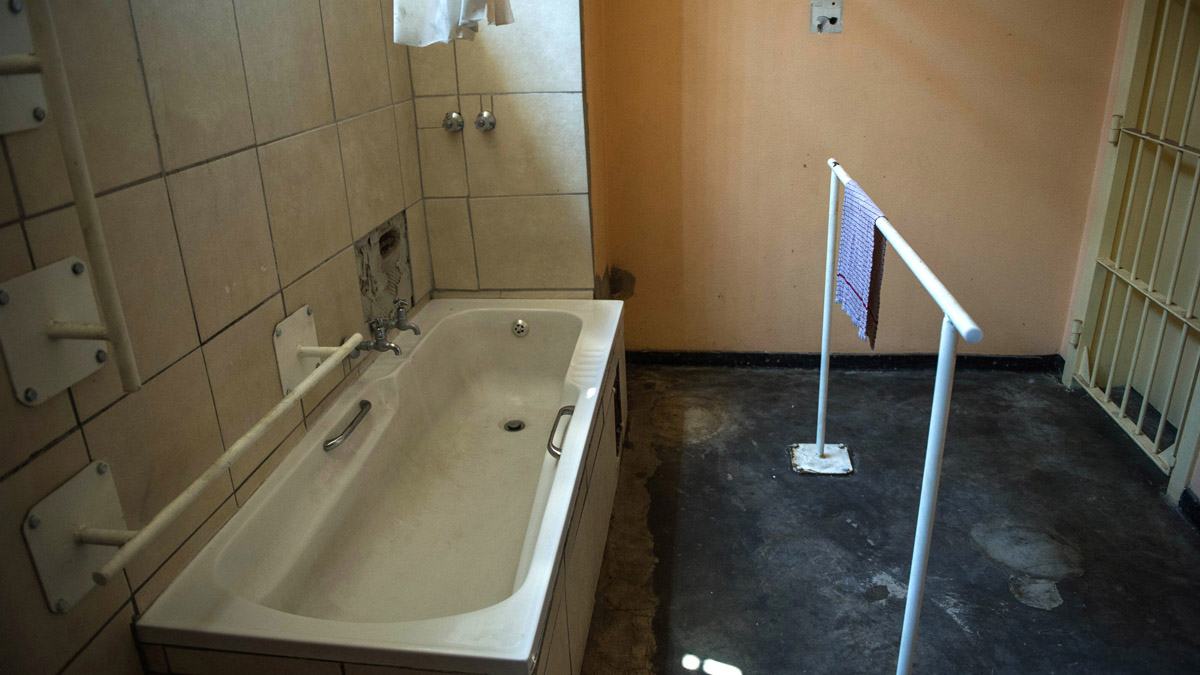
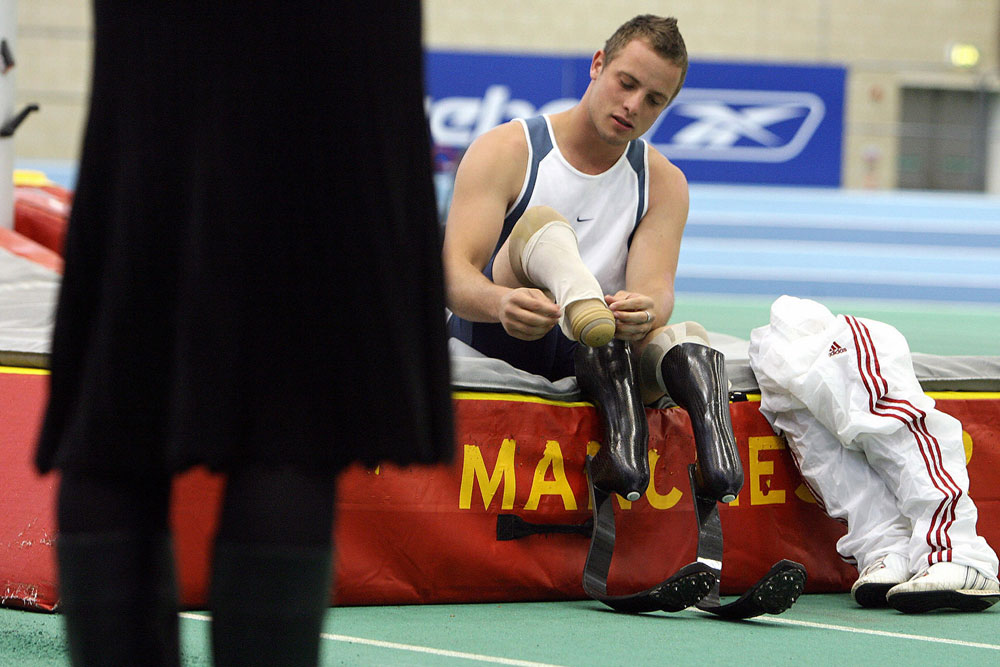


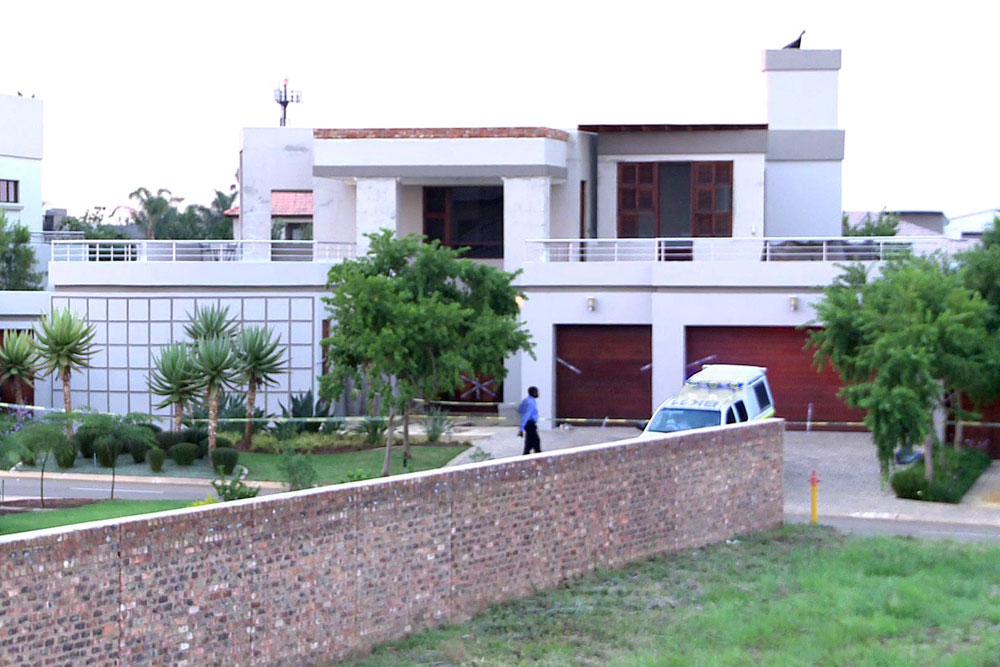
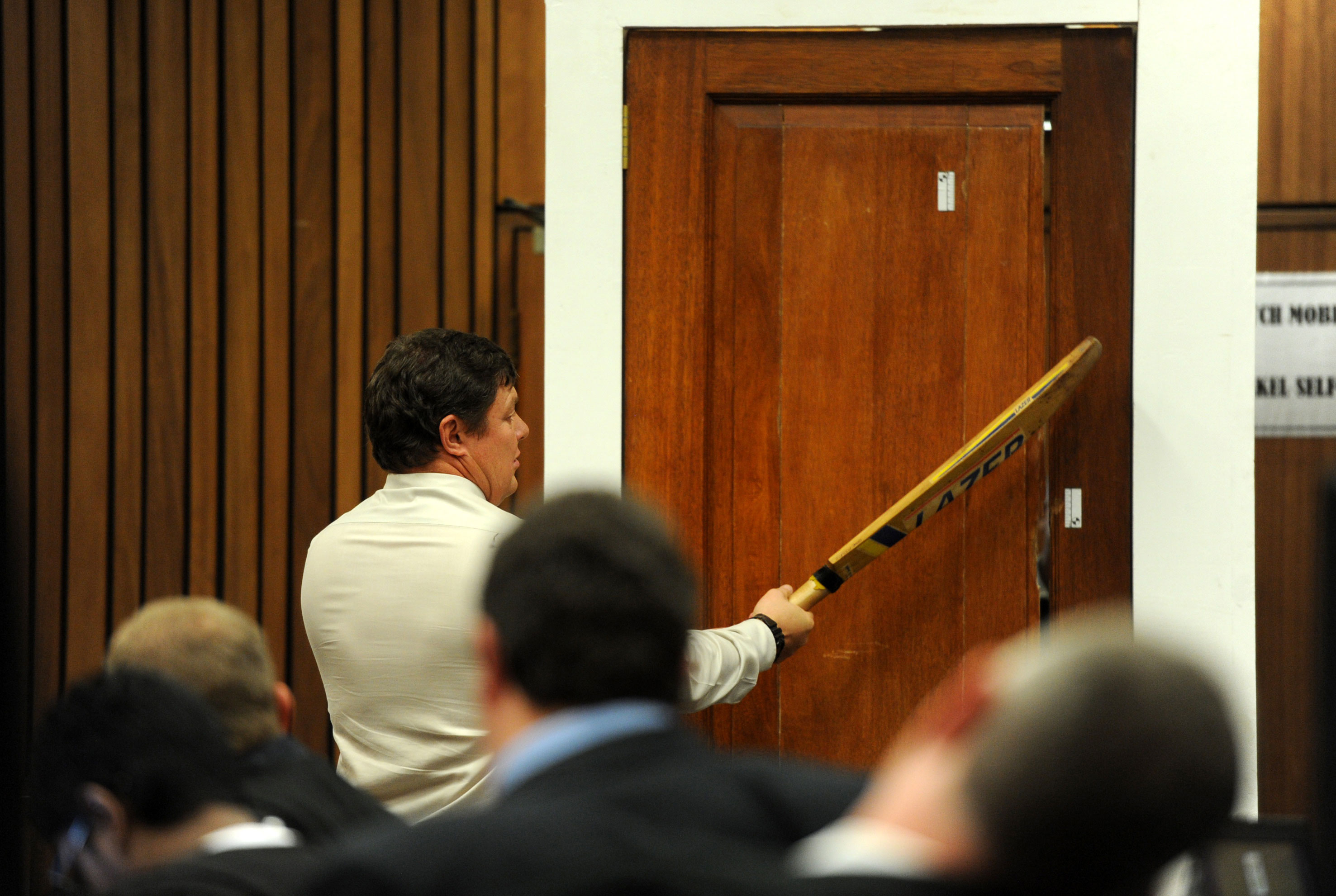

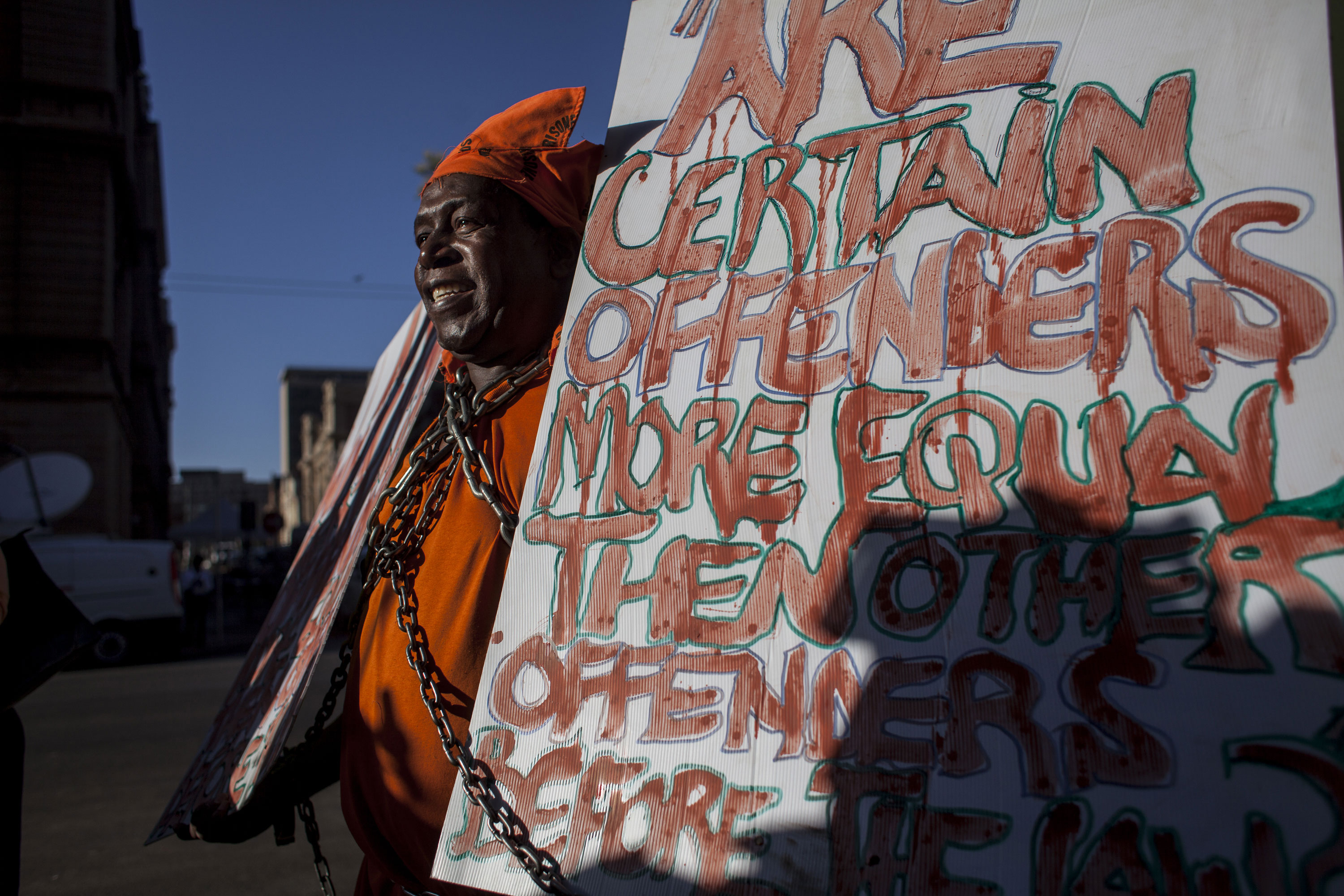
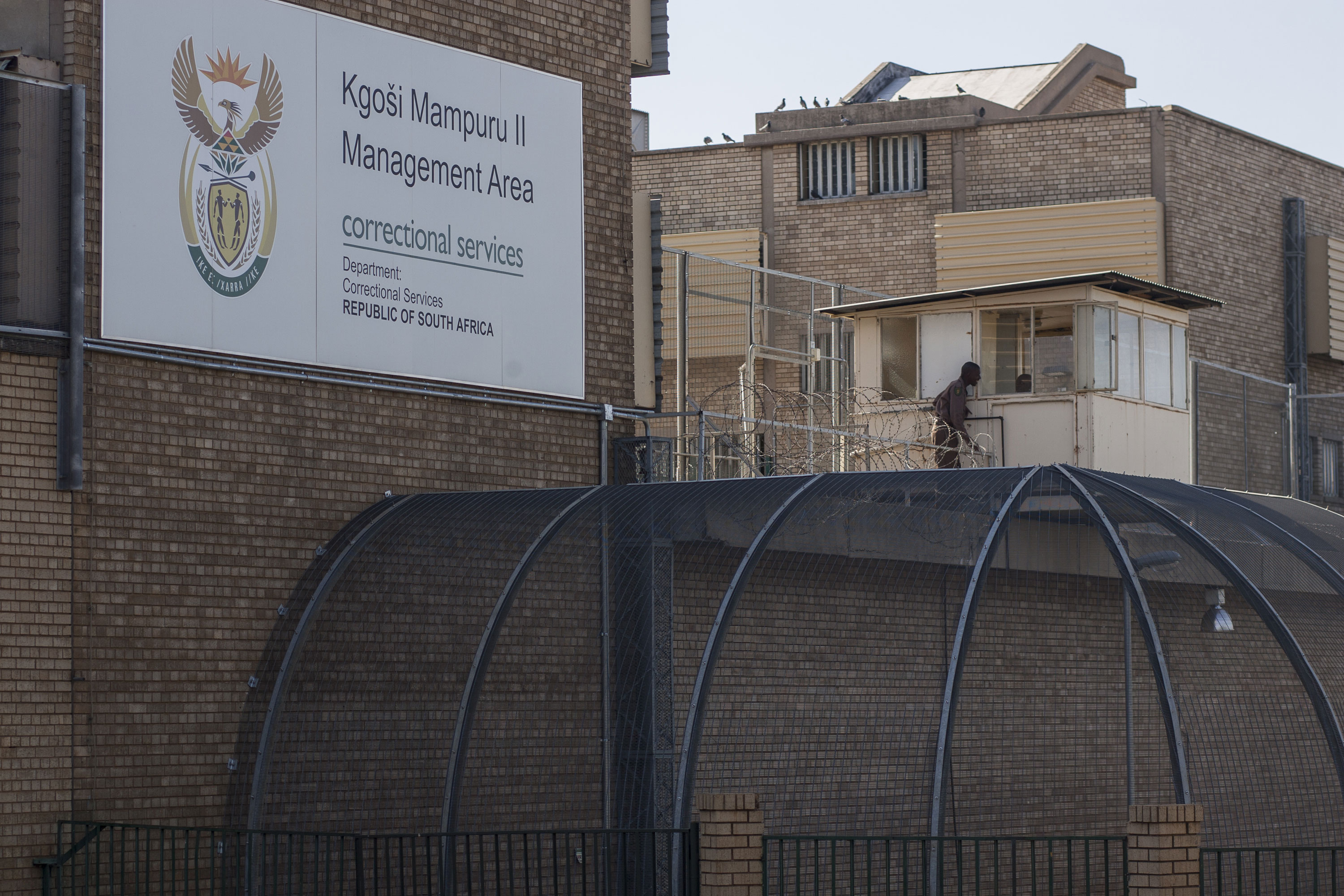

Oscar Pistorius has denied claims he tried to injure himself in prison, according to his family and South Africa's Correctional Services.
The former Paralympian was admitted to hospital over the weekend with injuries to his wrists just weeks after being sentenced to six years behind bars for the murder of his girlfriend, Reeva Steenkamp.
An unnamed inmate reportedly claimed the wounds were self-inflicted and local media reports suggested blades had been found in Pistorius's cell.
The Week
Escape your echo chamber. Get the facts behind the news, plus analysis from multiple perspectives.

Sign up for The Week's Free Newsletters
From our morning news briefing to a weekly Good News Newsletter, get the best of The Week delivered directly to your inbox.
From our morning news briefing to a weekly Good News Newsletter, get the best of The Week delivered directly to your inbox.
However, Correctional Services has said no blades were found and that Pistorius "denied speculations of a suicide attempt".
"Pistorius has told authorities that he was on his stumps in his cell on Friday night when he slipped in water on the floor and sustained cuts and bruises from broken coffee mugs," reports eNCA's Karyn Maughan.
He apparently had other injuries such as facial bruising, she added.
Pistorius's brother, Carl, also rejected reports of self-injury, insisting that he was "doing well given the circumstances" and was "in good spirit".Describing the reports as "completely untrue and sensational", he said: "He slipped in his cell and injured himself, nothing serious."
A free daily email with the biggest news stories of the day – and the best features from TheWeek.com
Kgosi Mapuru II Correctional Centre confirmed it had treated Pistorius for "minor injuries" and sent him to hospital for further treatment before he returned to the prison.
Oscar Pistorius: Prosecutors to appeal 'shockingly lenient' sentence
21 July
South Africa's National Prosecuting Authority (NPA) has announced it will appeal Oscar Pistorius's six-year prison sentence for the murder of his girlfriend Reeva Steenkamp.
Prosecutors described the term as "shockingly too lenient" and "disproportionate to the crime of murder committed".
Branding the sentence "an injustice", the NPA claimed it had the "potential to bring the administration of justice into disrepute".
The state plans to file papers to apply to leave to appeal today.
Pistorius's lawyers have previously said that they would not appeal against the sentence handed out by High Court judge Thokozile Masipa on 6 July.
Masipa said she believed there were "substantial and compelling" reasons to reduce the normal 15-year minimum sentence for murder, including Pistorius's remorse and false belief that Steenkamp was an intruder.
The athlete shot Steenkamp four times through the door of his toilet on Valentine's Day in 2013.
South African defence lawyer William Booth told News 24 earlier this month that Pistorius may serve less than six years in total. His sentence could be converted to correctional supervision after around three years, he added.
"The period that he may effectively serve is quite a bit less than six years, as long as he complies with all the regulations," said Booth. "This is not a given, these are just the legal possibilities, they are not definite."
Oscar Pistorius 'got off lightly' with six-year sentence
21 July
Former Olympic and Paralympic athlete Oscar Pistorius was yesterday sentenced to six years in jail for the murder of his girlfriend, Reeva Steenkamp, on Valentine's Day in 2013.
There is a "prevailing sense that Pistorius got off lightly", says the BBC's Pumza Fihlani, who adds: "I cannot remember a time when someone convicted of murder was sentenced to just six years in South Africa."
In the eyes of the "man on the street", she continues, Judge Thokozile Masipa has "failed Reeva Steenkamp" – and the reaction on social media and in the South African media has been one of shock and anger.
The sentence was called an "insult to women" by political party the ANC, while the South African commission on gender equality said it was also disappointed and that a six-year term belittles the experiences of the victims of gender-based violence.
However, Masipa was at pains to insist Pistorius's crime could not be considered as gender-based because, in the view of the High Court, he did not know it was Steenkamp when he opened fire.
The sentence was based on the judgment that the athlete thought there was an intruder in his house on the night of Steenkamp's death, says the BBC, something he maintained throughout the trial.
In addition, the judge accepted as a mitigating factor that Pistorius's disability – he did not have his prosthetic legs on – also made him feel vulnerable.
Reaction on social media has been largely negative, with many seeing the sentence as unduly lenient and suggesting Pistorius's ethnicity might have helped him get off lightly.
Writing in The Independent, Holly Baxter says a South African court recently sentenced a rhino poacher to 77 years for killing three rhino calves and his accomplice. She predicts the "rich, white, famous, sports star murderer... could easily be out within a year".
For the South African Daily Maverick, the "laughable" sentence is a "reality check on the continued triumph of exceptionalism and white privilege in our society".
However, Pistorius's relatives feel Masipa's verdict is a wise one. His brother, Carl, praised the judge as a "remarkable woman" and said he had the "utmost respect" for her.